
What's Android?
What's Android?
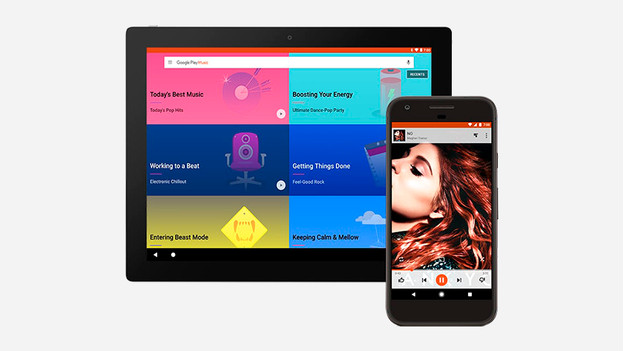
Android is an operating system you'll mainly find on smartphones and tablets. But what's an operating system? It's a program that's loaded into the memory after starting your smartphone and controls the hardware. The operating system gives you access to your camera or WhatsApp, for example. Without an operating system, your phone wouldn't work.
Different Android skins

Because Android is an open source operating system, many manufacturers create their own layer over the Android base. That's why colors, icons, and menu structures differ per brand. Samsung, OnePlus, and Nokia smartphones all run on Android, but the software looks different. Manufacturers often add their own apps in addition to the default Google Android apps as well. So you often have the same type of apps. These are preinstalled and can't always be deleted, which means that you lose some storage space.
What's Android One?
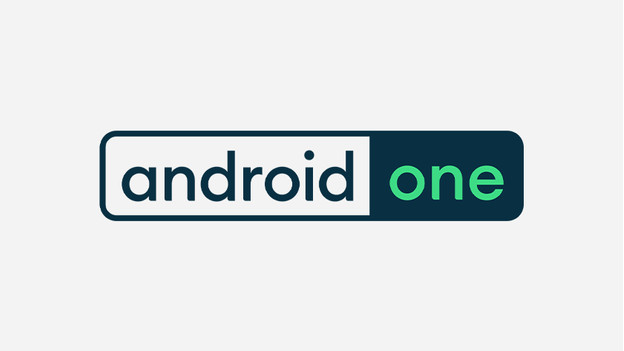
Android One is a bare and user-friendly version of the Android operating system. This system has a number of advantages. Many manufacturers create their own layer on top of the Android base. This gives the operating system characteristic functions and colors. Android One devices don't have that, so you'll receive software and security updates more often and sooner. In addition, the system takes up little space. You have enough storage space left for all your apps and other files as a result.
Open source platform
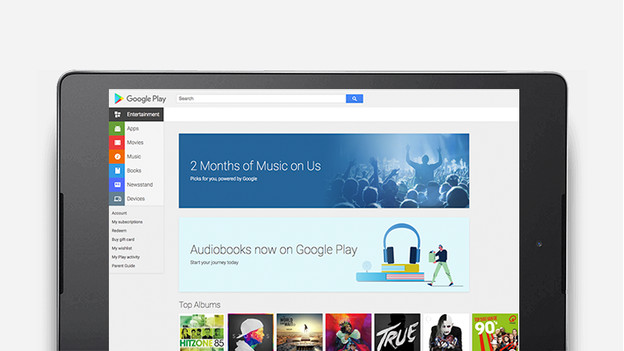
The Android operating system is open source software. This means that everyone can easily take the original Android version and adjust it. Smartphone and tablet manufacturers, for example. App developers also have a lot of freedom. That's why there are so many new apps. At the end of 2020, there were over 3 million available apps in the Google Play Store.
Different Android versions
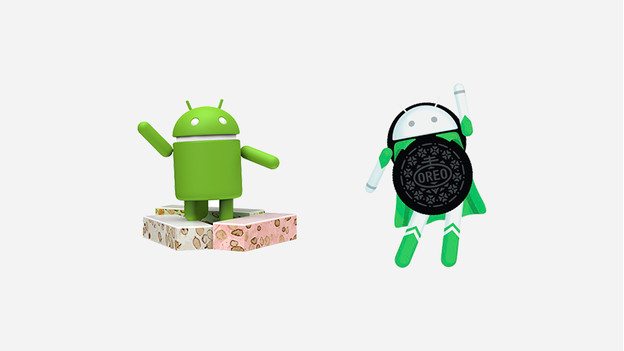
In 2008, the very first version of Android was launched. Android 1.0 Angel Cake. Nowadays, Google releases one big update every year. These updates provide new functions, a new look, or better security. Android versions used to be named after sweets, such as Android 7.0 Nougat, Android 8.0 Oreo, and Android 9.0 Pie. Since Android 10, this is no longer the case. Curious about the different Android versions? Go to the advice page below.
Android or iOS?
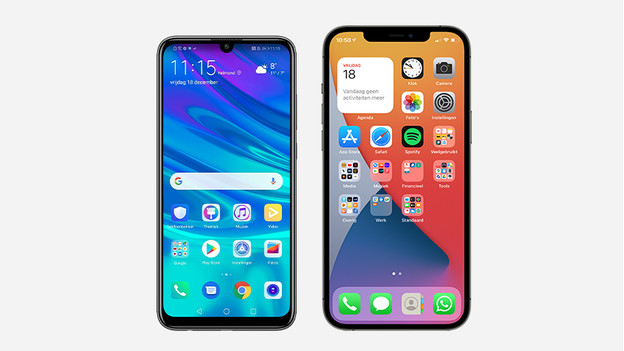
There are a couple of big differences between Android and iOS, which is the operating system Apple uses. The iOS interface is less extensive than that of Android, but it's more user-friendly. With Android, you can also download apps outside of the Google Play Store. With iOS, you can only download apps from the App Store. This does mean that the assortment is smaller, but the apps are often of better quality. In addition, iOS has a different update policy. So an iPhone lasts 2 to 3 years longer than an Android device.


